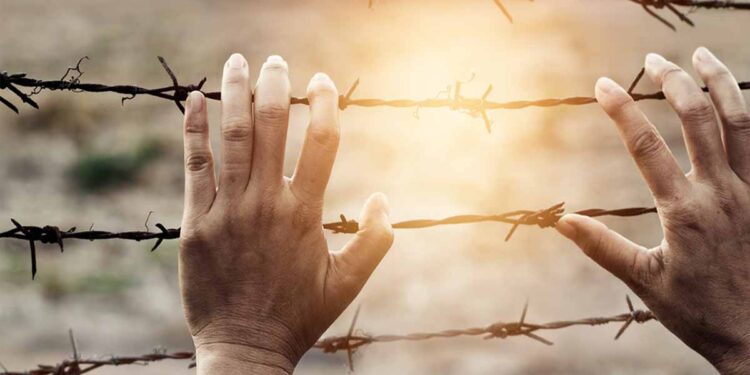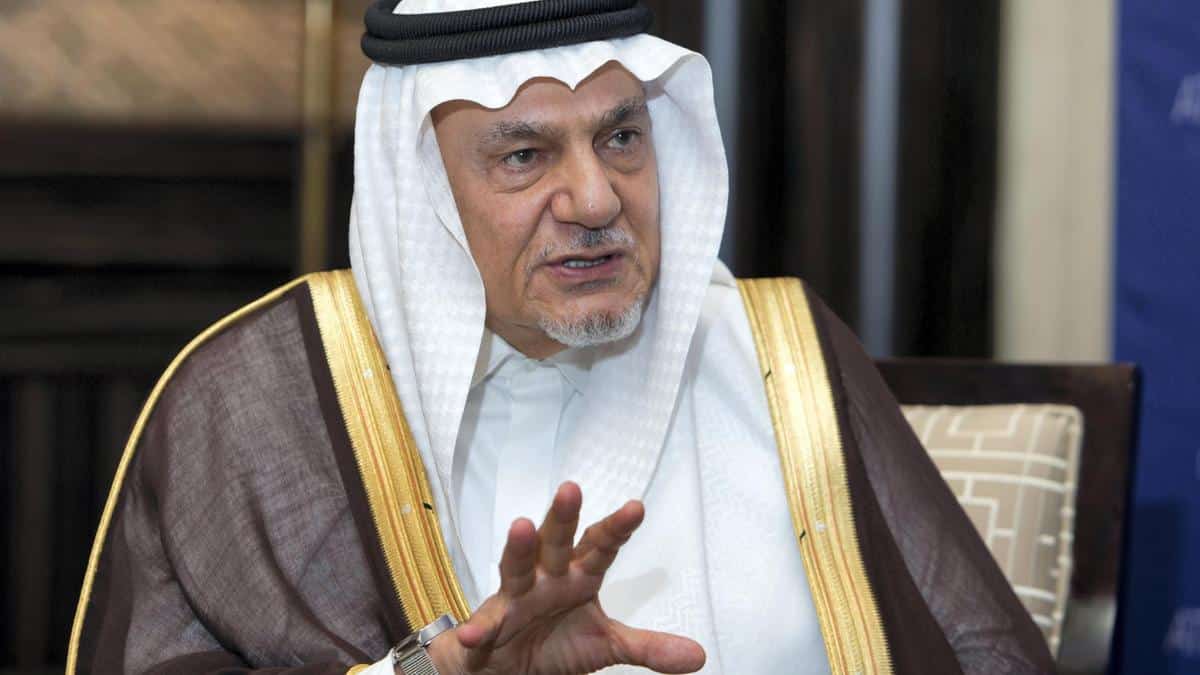In a landmark historic decision, the first of its kind, the EU council agreed to establish a Global Human Rights Sanctions Regime aimed at tackling violations and abuses worldwide.
For the first time, the EU have a framework in which it can target individuals, entities and bodies -states and non-state actors- who may be involved or responsible for human rights violations and abuses across the world, no matter the locality.
Such measures will give the EU powers to issue travel bans on individuals, and the freezing of funds/assets for individual and/or entities. In addition, persons and entities within the EU will be forbidden from making any funds available, directly or indirectly, to those listed.
The framework for those measures will take effect where there is genocide, crimes against humanity and other serious human rights violations or abuses (e.g. torture, slavery, extrajudicial killings, arbitrary arrests or detentions).
Some other forms of violations or abuses could fall under the scope of the sanctions regime, if the abuses are widespread, systematic or otherwise of a serious concern, in line with the security policy set out in the Treaty (Article 21 TEU)
The treaty leaves it up to the council, acting upon a proposal made from a member state or from the High Representative of the EU for Foreign Affairs and Security policy, to ‘establish, review and amend the sanctions list’
The main aim of the new EU sanctions regime is for the EU to equip a valuable weapon and to be able to stand up in a much more tangible and direct way for human rights, one of the fundamental values of the EU and its foreign policies. Acts such as genocide, crimes against humanity, torture, slavery, sexual and gender-based violence, enforced disappearances, or human trafficking are unacceptable and can now be tackled in a more direct and efficient way. Putting an end to violations and abuses worldwide is a key priority for the EU.


























